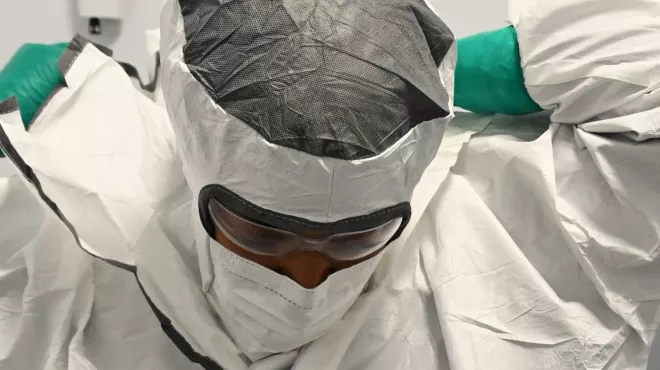One of the most difficult things for a cancer patient is making the final decision about a treatment team and plan. Selecting an oncologist isn’t like popping open your smartphone and pulling up an app to choose a trendy dinner spot. Rather, choosing the right care is an art based on treatment options, patient objectives and personal preferences.
Many patients’ initial reactions to a diagnosis are similar – they may feel inclined to do what their first doctor says is the best course of action.1 While the suggested treatment may end up being the right one for you, it does no harm to verify that recommendation. Getting a second opinion can give added perspective and may provide potential alternate treatment options or plans. A good doctor will not be upset or offended if you seek the professional opinion of one of his or her colleagues. After all, people get multiple quotes for things like auto insurance, refrigerator repairs and legal advice all the time. Why wouldn’t we conduct the same due diligence when it comes to our healthcare decisions?
Let’s be clear: If you are a patient, a decision about treatment is yours and yours alone. (The only exceptions are for rare, imminently life-threatening cases, or when a patient is incapacitated.) Doctors, even the top oncologists in the world, are at their core extremely smart professionals who are providing you with extremely important advice and services. That being said, as the patient, you need to make the choice that you are most comfortable with.
Let’s be clear: If you are a patient, a decision about treatment is yours and yours alone.
During my initial diagnosis, I got the opinion of the very first oncologist I saw – a general oncologist, not a melanoma specialist. Unaware that melanoma was at the forefront of the immunotherapy wave taking off, he recommended standard-of-care chemotherapy, complete with its abysmal stage IV survival rates.2 Had I taken his advice, I think there’s a strong chance I would not be alive today.
I met with a second doctor in the US, regarded as one of the top oncologists in South Florida. He gave me several options, but ultimately suggested that I see one of his colleagues across the state, explaining that they would have more treatment options, including clinical trials. This is the type of oncologist you want advising you. For several reasons, I decided to do my first trial with the doctor who was recommended, but I would not hesitate to return to the local doctor for a consult or treatment. He had my best interest at heart and helped me navigate my options.
The difference in care is striking, but I do not have any ill will toward that first oncologist. He simply was not in a place to know what was just around the corner in terms of new treatment options. Fortunately, I was able to do my own research, and with the assistance of a melanoma advocacy group, I found not one but two clinical trials that have given me a second chance at life.
Making an informed choice can only happen when a patient and his or her team are aware of their options and have a clear goal in mind. Many patients, like me, want to recapture a significant part of life expectancy. Others have different goals, like my family friend Bobbe, who wanted to have good quality of life in her remaining years and enjoy watching her grandson grow up. Some patients, like those with a terminal diagnosis, may look for the option that can give them enough time to experience a life milestone such as the birth of a child or a wedding.



